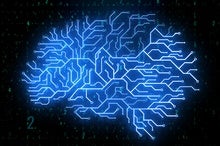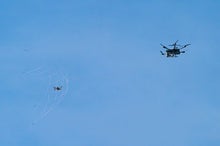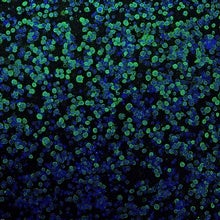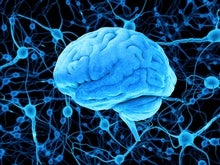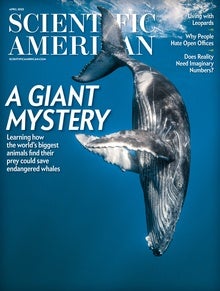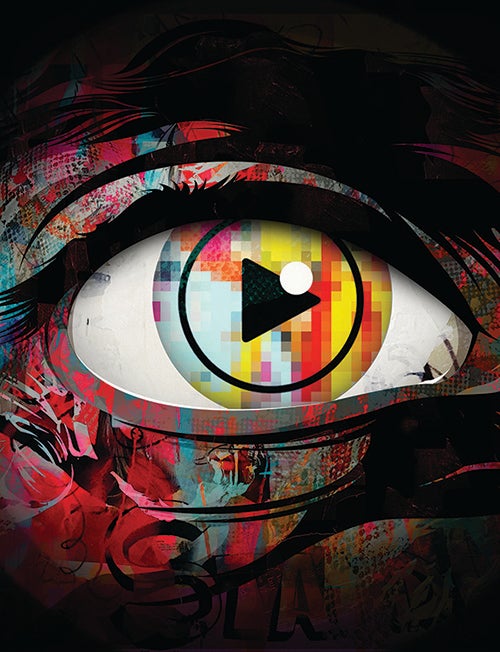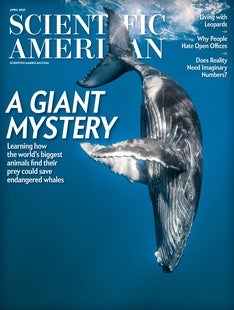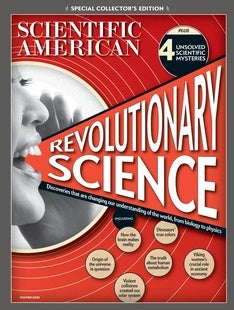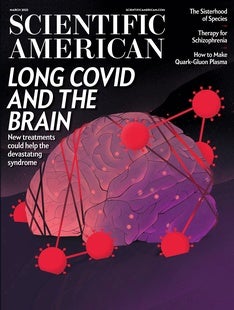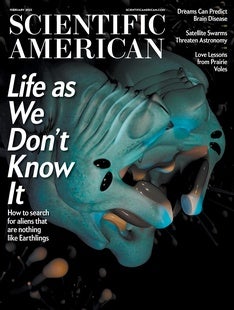 |
| April 04, 2023 |
Happy April! I hope you all made it past the first of the month without falling for too many pranks. Lately, artificial intelligence breakthroughs have been emerging so quickly that I'm like the dog from Up, but constantly being distracted by AI news instead of squirrels. This week's roundup includes scarily realistic AI-generated images and what ChatGPT's IQ score tells us about intelligence. If you're sick of all things AI, then distract yourself with stories about drone-on-drone warfare and how researchers used an artificial tongue (yuck) to study melting chocolate (yum). |
| |
 |
| |
| |
| |
| |
| |
| |
| |
| Food The Science of Melting Chocolate Researchers used an artificial tongue to understand how chocolate changes from a solid to a smooth emulsion | | By Clara Moskowitz,David Cheney | | | |
FROM THE STORE
 | | | |
| QUOTE OF THE DAY
 "It seems like as AI leaves the research lab and launches fully-flowered into the cultural zeitgeist, promising tantalizing opportunities as well as presenting real-world societal dangers, we're also entering a strange new world of AI power and politics. No longer are AI debates just about technology, or science, or even reality. They are also about opinions, fears, values, attitudes, beliefs, perspectives, resources, incentives and straight-up weirdness." Sharon Goldman, VentureBeat | |
FROM THE ARCHIVE
 | | Clicks, Lies and Videotape Artificial intelligence is making it possible for anyone to manipulate audio and video. The biggest threat is that we stop trusting anything at all By Brooke Borel | October 2018 | | |
LATEST ISSUES
 |
| |
| Questions? Comments?  | |
| Download the Scientific American App |
| |
| |



